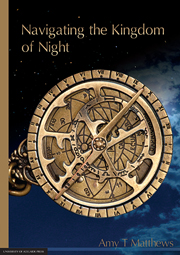Literary Risk and Moral Peril
Published online by Cambridge University Press: 05 April 2014
Summary
A brief outline of the debate about fictionalising the Holocaust
Here's the thing about reading: it shows you what you don't know. It took me less than half a day in the Barr Smith Library at the University of Adelaide to realise the enormity of my hubris. By the end of the day not only had I doubled my doubts about the project, I'd also gained a nemesis called Adorno. For most of the next decade I half-imagined he followed me around, grunting disapprovingly at my reading material, and glaring over my shoulder as I tried to write.
The critic Theodor Adorno famously proclaimed ‘To write poetry after Auschwitz is barbaric’ (‘Cultural Criticism’ 34). Out of context it seems blunt and accusatory; absolute. There's no room for discussion. But it's also bewildering. What exactly does he mean? How is it barbaric? The first few times I encountered Adorno's dictate, it was out of context, embedded in someone else's critical argument. What was confusing was how it was wielded in different ways. It seemed there was some difference of opinion about his exact meaning. Critics have interpreted his words in a multitude of ways: Susan Gubar believes his statement was ‘sometimes taken to be an admonition (beware of writing poetry), sometimes a directive (poetry ought not be written), sometimes simply a diagnosis (poetry cannot be written)’ (4). Which was it? I felt more desperate the more I read, because each of these interpretations has a different implication for writers.
- Type
- Chapter
- Information
- Navigating the Kingdom of Night , pp. 15 - 54Publisher: The University of Adelaide PressPrint publication year: 2013



